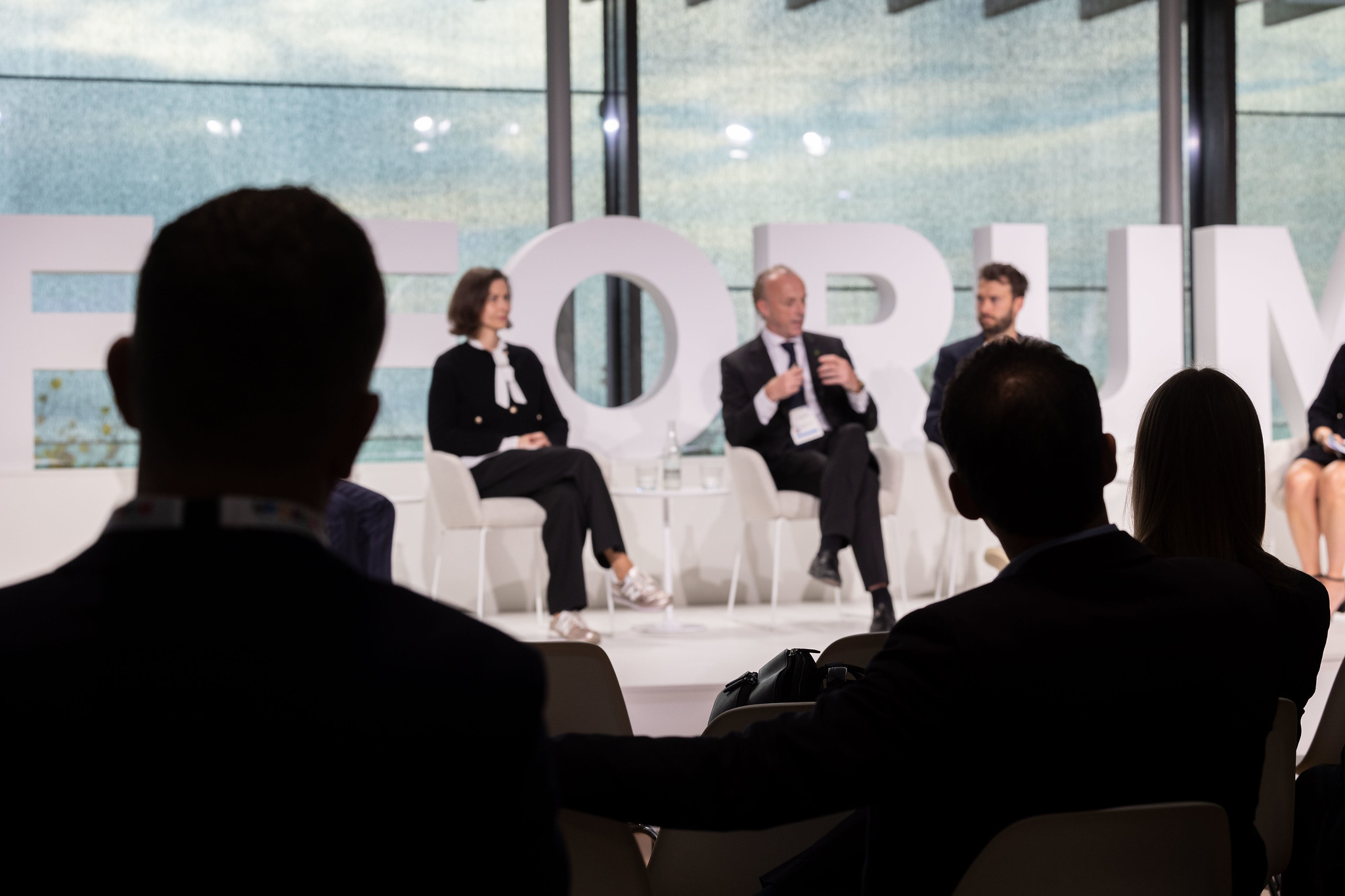There is an audible rhythm to international sport, a pulse you can almost hear if you spend enough time in congress halls and stadiums alike. Seasons build, Olympic cycles crest, and then – inevitably – the tempo falters. A pandemic interrupts, a war redraws calendars, a new technology rewires the fan experience. The cadence is never still. Sport moves, as the world moves.
That heartbeat is captured in the newly unveiled theme of the IF Forum 2025:
“The New Global Reality in Sport: IFs in a world that refuses to stand still.”
The announcement comes at a pivotal moment. In June 2025, Kirsty Coventry took the helm as President of the International Olympic Committee – the first woman, and the first African, to lead the Olympic Movement. Her election marks a new era in global sport governance, one that mirrors the IF Forum’s theme: leadership in uncertain times, and the courage to embrace transformation. Coventry will open the IF Forum with a welcome and keynote address, setting the tone for dialogue in Lausanne this October.
Across its three days, the IF Forum will examine the currents of change shaping international sport from every angle. On the second day, the conversation widens to the world itself. Professor Simon Chadwick, Professor of AfroEurasian Sport at Emlyon Business School and a leading expert on geopolitical economics and sport, will take the stage to examine disruption and its consequences, tracing what international sport reveals about unity and resilience, and where it faces its hardest tests.
“We live in a complex, sensitive world that can sometimes be challenging to understand and navigate. To do so successfully requires expert insights allied to strong leadership and management. I look forward to speaking at this year’s event and to helping delegates make sense of 21st century sport’s complicated new world,” Chadwick said ahead of the event.
His address will open the door to discussions that cut to the heart of today’s challenges: from commercialisation and leadership in an age of fragmentation to the visibility and viability of women’s sport, amongst others. Further programme details will be unveiled in the weeks ahead.
The IF Forum 2025 is not about offering one definitive answer. Instead, it will provide a stage for International Federations to explore the realities of change head-on: how to maintain credibility in a world of competing forces, how to adapt without losing identity, and how to lead in a future that refuses to be linear.
This October, leaders of global sport will gather at the Olympic Museum to find rhythm in the dissonance and to consider what it means to steer their federations through a reality that is always in motion.





